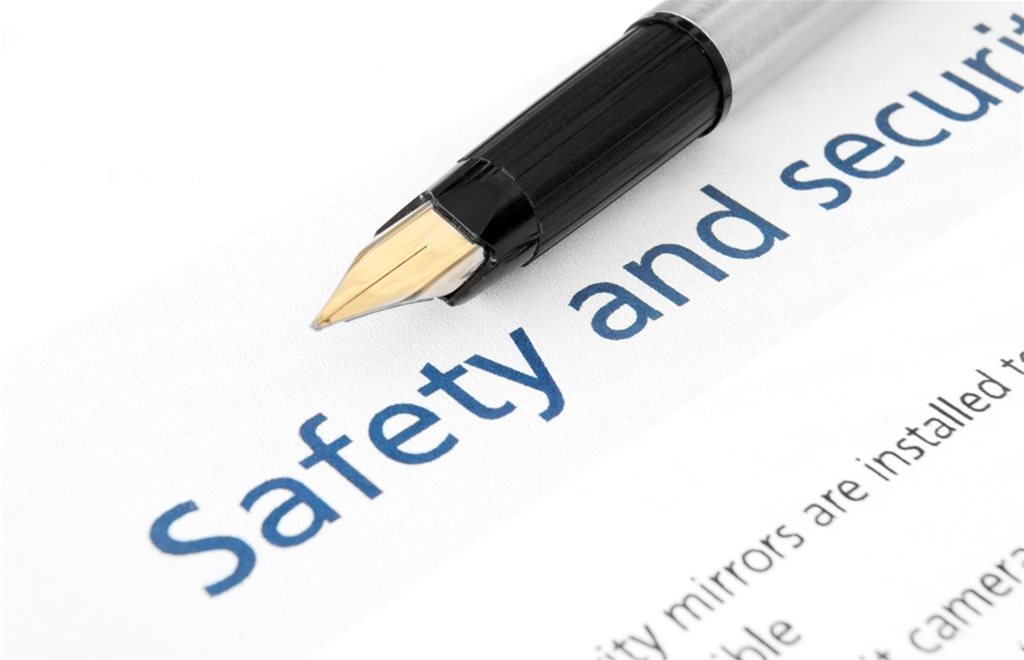There is not a business in the world thathas not been impacted by the COVID-19 pandemic. Organisations up and down the country have had to make some serious adjustments to their operations. They will have either floundered or flourished when trying to respond to the challenges suddenly thrown their way.
Few businesses really understand the importance of a robust business continuity plan until they have to put it into action. Hopefully this pandemic will have highlighted the importance of developing and testing a business continuity plan, to trial its effectiveness long before a disaster does strike.
Futureproof business
Business continuity plans are the ultimate strategy for when things go wrong. They are designed to detail any risks that could impact the business and how the business must react in order to continue operating with minimal disruption or downtime. Of course, the very nature of a business continuity plan means that you cannot be too specific about what incident could lead to its implementation. Your plan needs to be adaptable and flexible to a whole range of scenarios. The plan needs to cover physical disasters such as fire, flood, staff illnesses, IT issues or of course wider incidents such as pandemics.
Further examples of incidents which could impact your business include financial market disruption; economic downturns; events which could damage your company reputation; terrorism; or cyber attacks. Whilst these events might not physically affect your business, they will still cause disruption and you should plan for them. Ultimately, the plan puts businesses in a position to act quickly and efficiently minimise losses if your business experiences an issue. It is true that your insurance policy may cover you for physical damage or lost revenue, but that does not absolve you from doing everything in your power to minimise the impact of a disaster.
If your business experiences disruption, you could experience a damaged reputation, loss of customers or even staff resignations. Businesses must put preventative measures in place rather than rely on an insurance policy to pick up the tab.
Test phase
One of the most important parts of developing a business continuity plan is the rehearsed testing phase. It will help you to see in practice how your plan will operate when an incident occurs. Review and improve areas of the plan that do not work effectively during the testing phase. Consider different variations of testing including a full building loss (as though there were a fire, for example), or more specific scenarios such as a loss of data.
Trial planned outages, test new systems and ask your team to try alternative working arrangements so that you know how your strategy could work in practice. Disaster simulation is the most effective way to test out your plan, as it gives your team the opportunity to implement procedures and detect any flaws or inconsistencies. However, this is perhaps the most disruptive option.
You could alternatively gather key personnel within the business for a desktop review of the plan. This will give you an opportunity to talk through any issues or changes on a more regular basis in order to minimise the cost and disruption of disaster simulation. To perform the test, your company will need to assemble the BCDT, who must act as they would in a real disaster, taking charge of their assigned roles.

Consult experts
Business continuity should become embedded in the culture of your business. Strive to achieve a high standard of plans and procedures that will safeguard your business against disaster. Businesses should maximise their ability to recover by creating a comprehensive business continuity plan with the help of dedicated risk management experts.
They will help businesses achieve the ISO 22301 Business Continuity Management certification, which ensures that a business is thoroughly assessing its potential risks and has the ability to adapt to incidents which may disrupt its operations. Risk managers know the pitfalls businesses are likely to face – they’ve seen it all before, and can accurately identify weak spots and help put measures in place to minimise risk.
Creating a business continuity plan without an expert on hand to help will almost certainly not be helpful in practice. Specialist risk managers work closely with you to understand your business, help you to understand how to protect against the various scenarios which could affect your business and furthermore will provide advice on plans you could put in place to bolster business operations a long way in advance of a disaster happening, thus minimising disruption at the earliest stage.

Plan ahead
We can almost see the light at the end of the tunnel now, as businesses reemerge after lockdown and face up to the new normal. But this does not mean that there are not significant lessons to be learned. It is time for businesses to prioritise proactive risk management and planning. We have seen from recent events that reacting to a crisis as and when it happens simply is not the most effective way to safeguard a business. Mitigating risks in advance and preparing for life’s ‘what ifs’ is crucial to securing the future of your business
